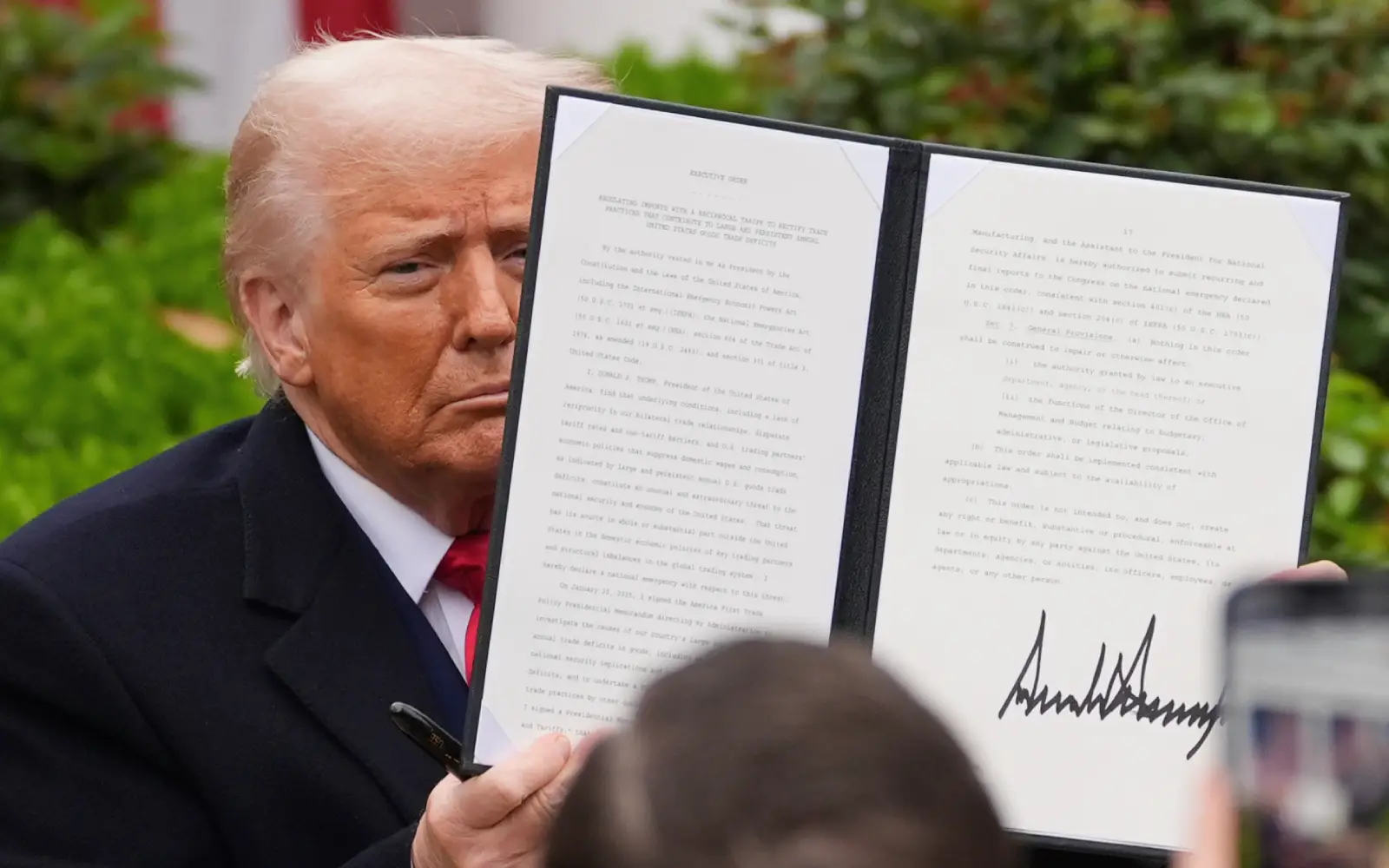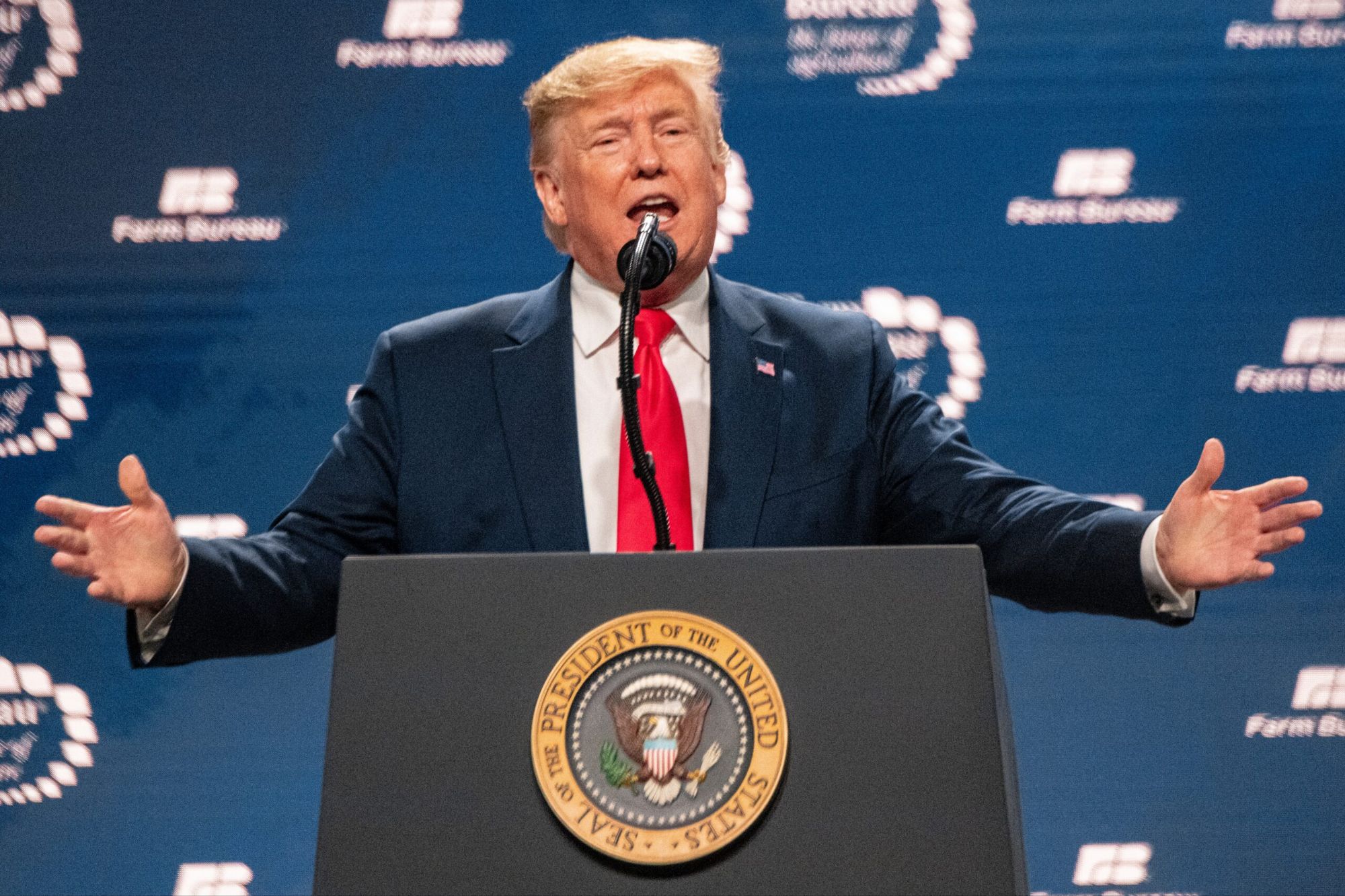The United States government is facing a projected $500 billion shortfall in tax revenue this fiscal year, and internal reports point to a convergence of two key decisions: deep cuts to the Internal Revenue Service and the sweeping centralization of agency functions under Elon Musk’s Department of Government Efficiency (DOGE).
Launched in 2025 as part of a broader Trump administration push to “streamline” federal operations, DOGE was billed as a revolution in governance, an AI-automated overhaul of everything from procurement to payroll. Musk promoted the program as a model of fiscal discipline. But early audits now suggest the opposite: DOGE has gutted enforcement capacity across multiple departments, most critically at the IRS.
The tax agency has seen layoffs, reorganizations, and the removal of its independent enforcement wing. Audit rates have plummeted. Staffing has not recovered from previous waves of attrition, and automation systems rolled out under DOGE have failed to identify or process many basic enforcement flags. Experts say this has invited widespread noncompliance.
According to a March report, the IRS will collect nearly 10% less than last year, a loss of roughly $500 billion—driven not by economic contraction, but by systemic breakdown. IRS insiders say DOGE’s privatized contracts prioritized tech vendors linked to Musk’s corporate orbit over proven enforcement tools. One former official said, “We went from a flawed but functioning agency to a confused shell overnight.”
Compounding the problem is taxpayer behavior: fear that IRS data could now be shared with immigration authorities has led some undocumented workers—who previously paid taxes using ITINs—to stop filing. Treasury analysts also warn that wealthy filers are exploiting the chaos to test legal boundaries, with offshore movement of funds spiking since DOGE’s implementation.
Some Republican lawmakers defend the reforms, claiming they will work better once AI systems are calibrated. But Democrats are demanding accountability. Senator Ron Wyden called the projected losses “the clearest evidence yet that gutting the IRS was never about efficiency—it was about shielding the rich from scrutiny.”
Musk has not directly addressed the report. In a recent post, he stated: “Bureaucracy is always loudest when its waste is threatened.” But critics say this isn’t about bureaucratic whining—it’s about a half-trillion-dollar hole in the federal ledger, and a deliberate dismantling of the agency meant to prevent it.













